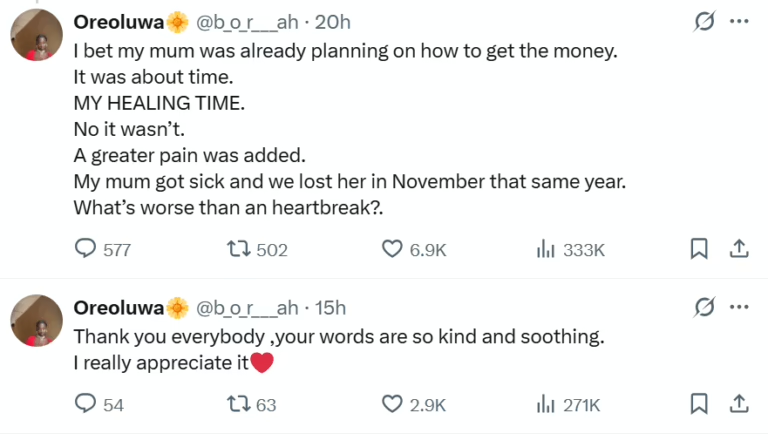Oreoluwa’s Challenging Battle with a Rare Hip Disorder
Since 2016, Oreoluwa’s life has been profoundly affected by a debilitating hip condition that gradually altered her mobility and quality of life.
Early Signs and Diagnosis
Her mother was the first to notice subtle changes in Oreoluwa’s gait, although she initially experienced no discomfort. However, within days, her limp worsened, prompting a visit to the Federal Medical Center. There, doctors diagnosed her with avascular necrosis of the left femoral head-a condition where the bone tissue dies due to lack of blood supply, causing the femur head to deteriorate.
Waiting for Surgery: A Painful Adolescence
At just 14 years old, Oreoluwa was informed that the definitive treatment-a hip replacement-could not be performed until she reached 20. This waiting period subjected her to chronic pain and limited mobility. She gradually withdrew from social activities, relying on others, including younger children, to run errands as walking became increasingly difficult.
Support Amidst Struggles
Throughout these hardships, her mother remained a steadfast pillar of support, managing her pain and encouraging her ambitions. Despite physical limitations, Oreoluwa pursued training in fashion design, demonstrating resilience and determination.
A Glimmer of Hope and Heartbreaking Loss
By 2022, upon turning 20, Oreoluwa was finally eligible for the hip replacement surgery, offering a chance at improved mobility and relief. Tragically, that same year, her mother fell ill and passed away, compounding her emotional and physical challenges.
Understanding Avascular Necrosis and Its Impact
Avascular necrosis (AVN) affects approximately 20,000 people annually in the United States alone, often striking young adults in their prime. Without timely intervention, AVN can lead to severe joint damage and disability. Hip replacement surgery remains the most effective treatment for advanced cases, restoring function and alleviating pain.
Looking Forward: The Road to Recovery
Oreoluwa’s story highlights the importance of early diagnosis and access to specialized care for hip disorders. Advances in orthopedic surgery and rehabilitation offer hope to many facing similar conditions. Her journey also underscores the critical role of family support in managing chronic illnesses.























0 Comments